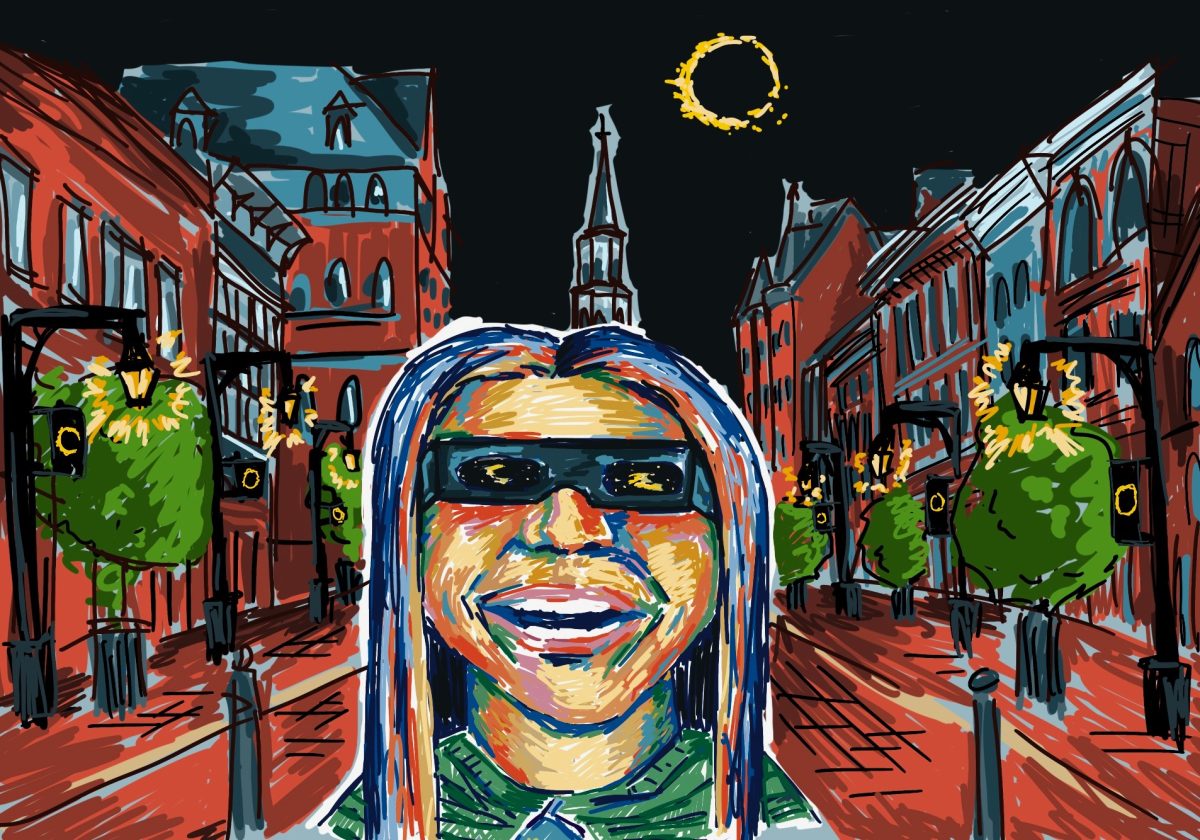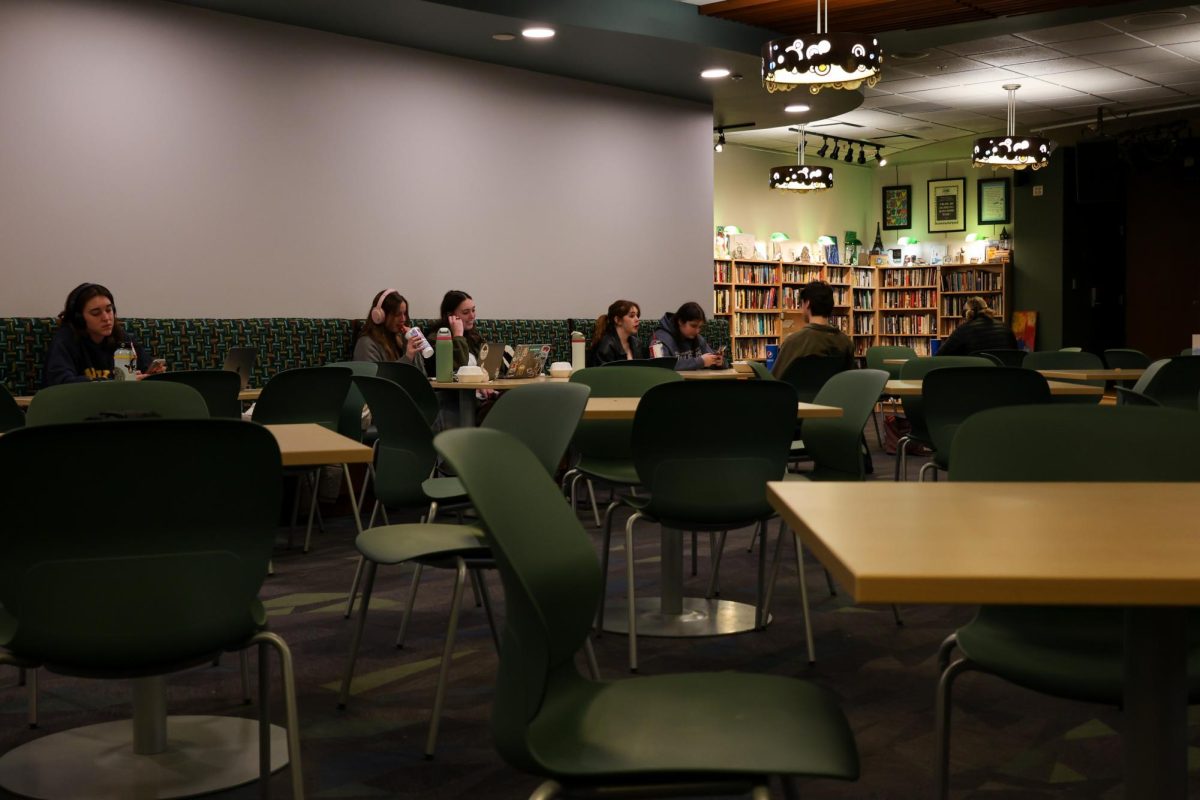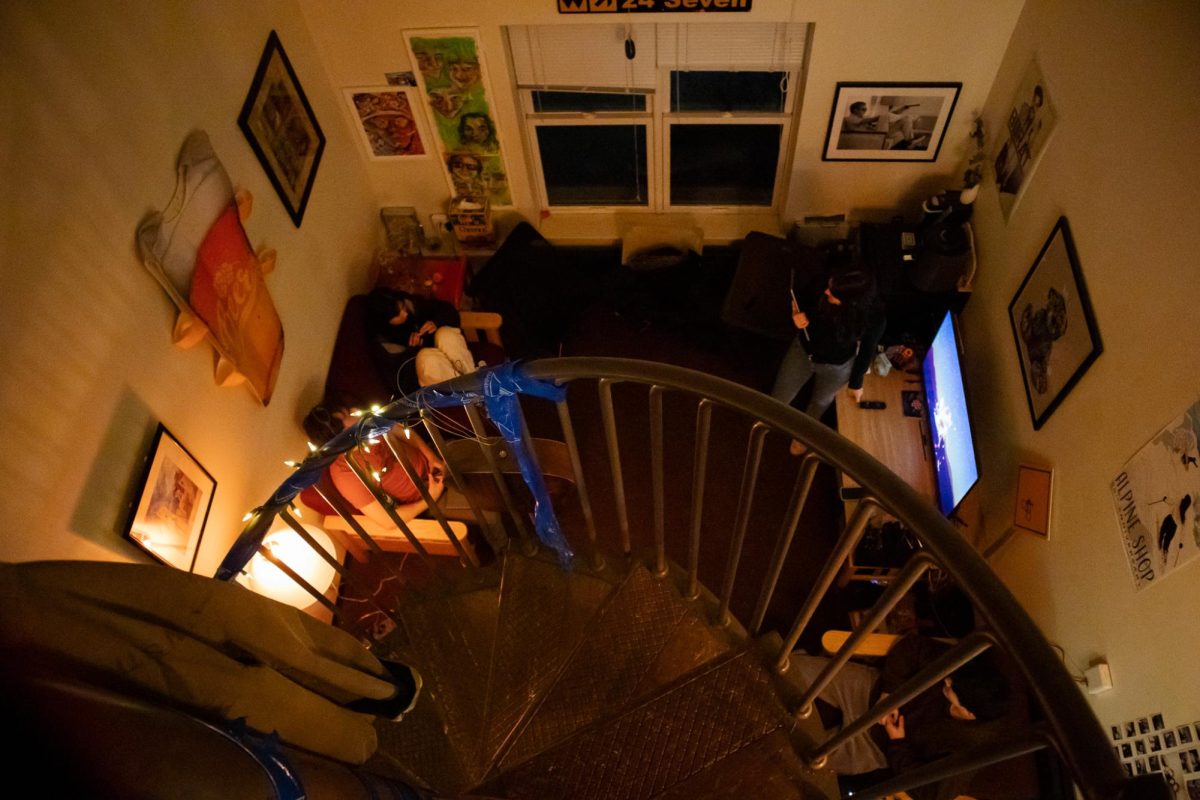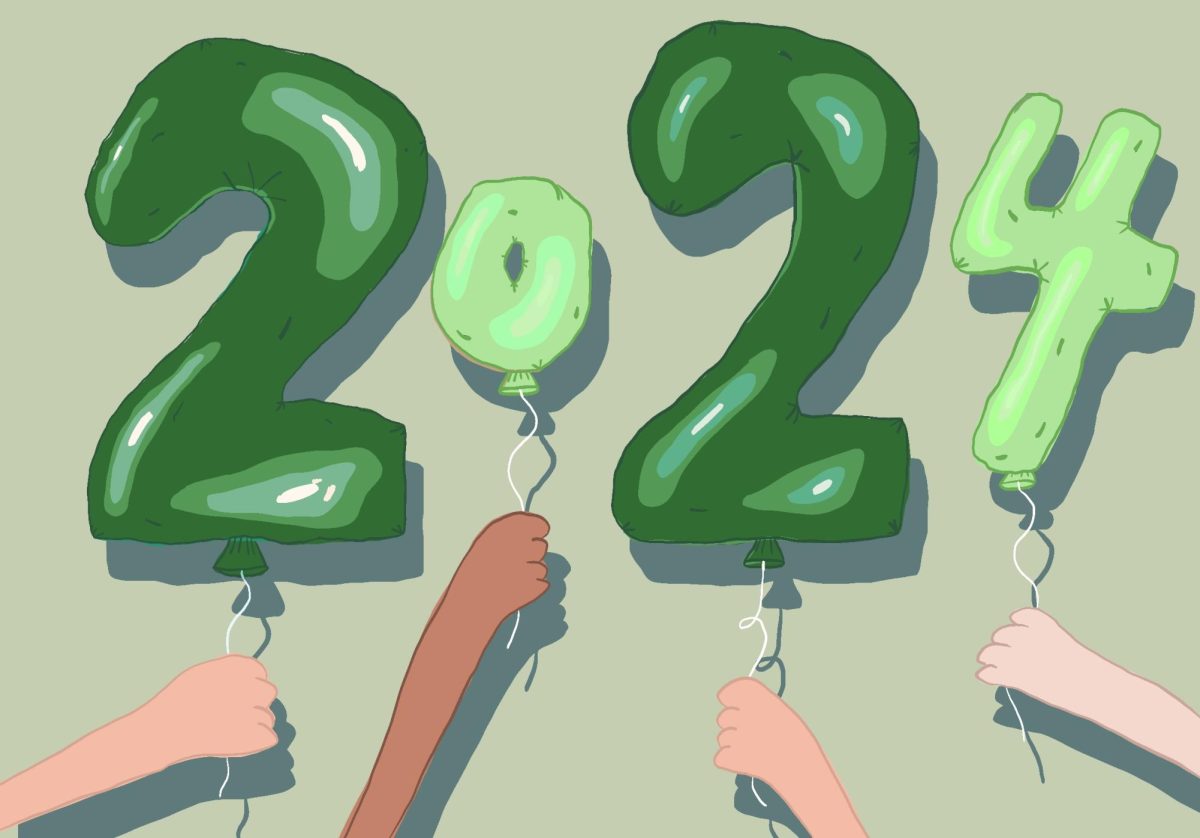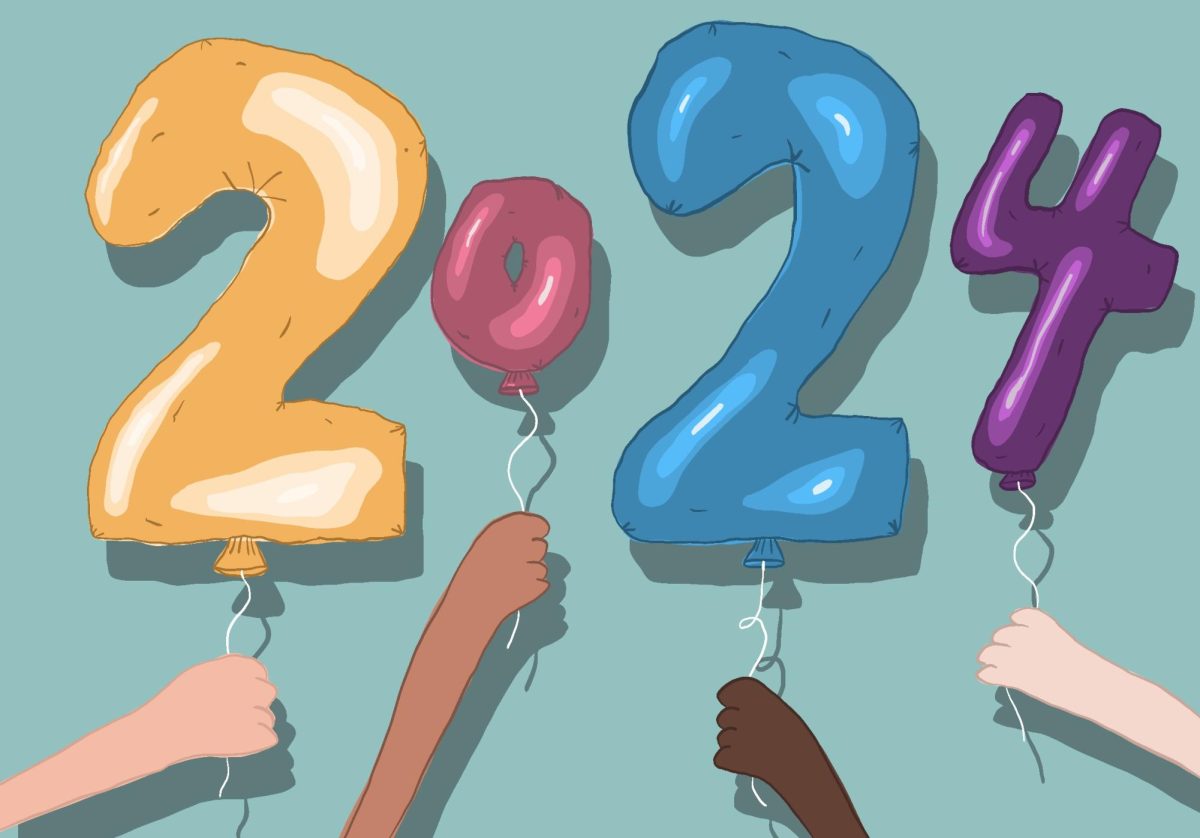(U-WIRE) MANHATTAN, Kan. – A study over the course of 13 years shows an increase in Kansas State students seeking counseling for depression purposes. Fred Newton, director of University Counseling Services, conducted the study along with his staff. The study was done from 1988 through 2001.
“The data showed a trend towards an increase in the more severe symptom cases,” Newton said.
The data were based on 13,257 students who sought counseling at UCS. Newton, along with Sheryl Benton, assistant director of UCS, presented their results in a presentation Thursday.
The study, “Changes in Counseling Center Client Problems Across 13 Years,” showed that over the past 13 years, the number of students seeking help for depression has doubled.
“Times are more stressful, students are faced with more pressure, more decisions and more competition. There is more demand put on students today,” Newton said.
The increase of depression numbers, he said, can be attributed to how depression is dealt with in society. “We are more aware and open to talk about it than before,” Newton said. Stephen Grillot, a former K-State student, said he is able to talk about his depression more freely now that he knows it is a part of his disease.
Two years ago, Grillot was diagnosed with bipolar disease, which he said explains his deep spouts of depression and overly aggressive behavior.
“I would have every emotion to the fullest extent,” he said. For Grillot, the things that caused him to go into deep depression were things that could depress any student, he said.
“Getting bad grades after working hard, the monotony of everyday classes and seeing the same people over and over could really affect me,” he said.
After about four years of thinking that something was wrong, Grillot said he decided to seek help.
Newton said many students who are suffering from depression don’t come in for help like Grillot did – they are either denying the problem or don’t know how to utilize campus resources.
“Females have always been more likely to come in and talk about their problems. Many students who come here have been sent by a friend, family member or even a teacher,” Newton said. Grillot said his friends never really considered that he had an illness.
“They noticed I was aggressive and called me Crazy Greg, but they figured it was just a personality trait,” he said. One outlet Grillot had for his disease was sports.
“Everyone has their own way of dealing with it. I would suggest breaking up the monotony, working out, going out to see a movie or a concert. Whatever breaks up everyday life,” Grillot said.
Newton said since college-aged students are especially susceptible to outside stressors, they should learn to manage their lives early on.
“Prevention includes watching levels of stress, not building a sleep deficit, not abusing alcohol and having healthy behavior,” Newton said.











